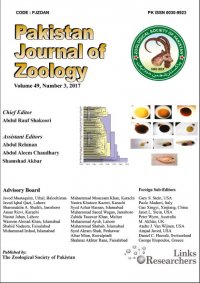Effects of Biotechnologically Produced Fulvic Acid on Nutritional Status and Health Indicators of Sprague-Dawley Rats
Effects of Biotechnologically Produced Fulvic Acid on Nutritional Status and Health Indicators of Sprague-Dawley Rats
Yang Liu1, Jing-xin Mao2, Xiao-dong Wei2, Man Yi2, Xiao-long Zhang2, Ke Zheng3, Xian-xin Chen4, Guo-Ze Wang5 and Bing-bo Chen1,*
ABSTRACT
To share on other social networks, click on any share button. What are these?









